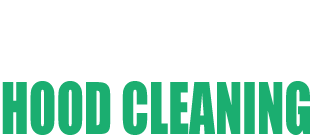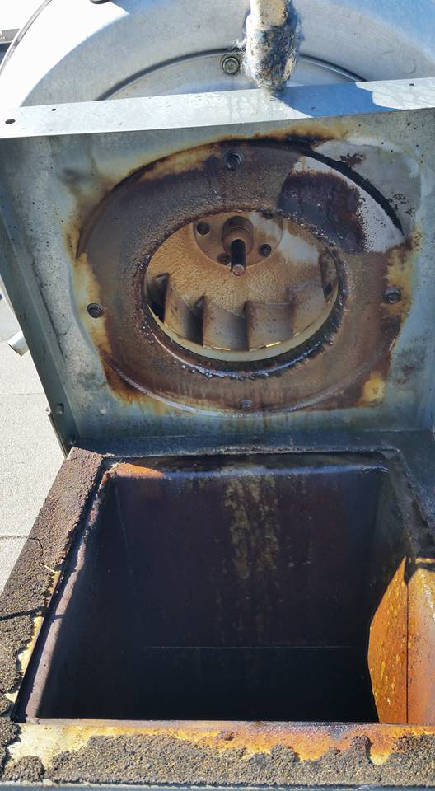Local Health Codes: Essential Hood Cleaning Regulations Explained
Understanding the Importance of Hood Cleaning
Running a restaurant or a commercial kitchen comes with a bundle of responsibilities, from ensuring good food quality to maintaining hygiene standards. One of the often-overlooked yet crucial components of kitchen maintenance is hood cleaning. Not only does a clean hood prevent fire hazards, but it also ensures compliance with local health codes. But how do these local health codes impact hood cleaning requirements? Especially in a culinary hub like San Jose, understanding these codes is imperative.
The Role of Local Health Codes in Hood Cleaning
Local health codes are established to ensure that restaurants and commercial kitchens maintain a safe and healthy environment. These codes are not mere guidelines; they are binding regulations that can affect the operation of your kitchen. Non-compliance can lead to fines, closure of the establishment, or even worse, safety hazards like fire outbreaks.
The necessity for restaurant hood cleaning arises from the fact that cooking in commercial establishments produces a substantial amount of grease and smoke. This combination can settle on kitchen surfaces, particularly in exhaust hoods, if not cleaned regularly. Over time, the grease can become a fire hazard. San Jose Hood Cleaning requirements are particularly strict due to the city’s thriving restaurant industry, which emphasizes safety and cleanliness.
What Do Local Health Codes Require?
Health codes regarding hood cleaning can vary significantly from one place to another. However, there are commonalities designed to enhance safety and hygiene:
- Regular Cleaning Intervals: Most health codes dictate specific time frames within which hoods must be cleaned. Depending on the volume of cooking, this could range from monthly to quarterly.
- Professional Cleaning: Many local regulations require that commercial kitchen hood cleaning be conducted by certified professionals. This ensures that the cleaning is thorough and compliant with safety standards.
- Documentation and Inspections: It’s not enough to just clean the hoods; comprehensive documentation is often required to prove compliance during health inspections.
Consequences of Non-Compliance
Failing to adhere to commercial kitchen hood cleaning codes can have severe repercussions:
- Financial Penalties: Non-compliance can result in hefty fines, which can be devastating for small to medium-sized businesses.
- Operational Hurdles: Restaurants may face temporary closures until the sanitary conditions meet the established codes.
- Increased Fire Risk: Grease build-up is not only unsightly but highly dangerous, with an elevated risk of kitchen fires.
Understanding Specific Codes in San Jose
San Jose, with its vibrant gastronomic scene, follows stringent health codes to match the city’s standards. The city expects restaurant owners to follow specific exhaust hood cleaning guidelines, emphasizing the need for certified cleaning professionals and rigorous documentation. Regular inspections make it crucial for kitchens across the city to stay on top of their cleaning schedules.
Staying updated with San Jose’s health codes doesn’t just protect your business from legal repercussions; it showcases your commitment to creating a safe dining experience. In a competitive environment, maintaining high cleanliness and safety standards can be a significant differentiating factor for any restaurant.
Professional Hood Cleaning: A Worthwhile Investment
Investing in professional hood cleaning services ensures that your commercial kitchen remains in top condition while complying with health standards. Professionals have the tools, expertise, and certifications needed to perform a thorough cleaning, reducing grease accumulation and fire risks.
Moreover, working with professionals who are familiar with San Jose’s local codes, can save restaurant owners a significant amount of time by ensuring that inspections are easily maneuvered, and requirements are met without hassle.
Educate Your Team
Ensuring your staff is aware of the local health code requirements can also aid in maintaining a clean kitchen environment. Educating employees about the risks associated with non-compliance and the benefits of a clean hood system can foster a culture of safety and diligence. A team that understands the importance of San Jose Hood Cleaning is more likely to ensure procedures are followed correctly.
Steps to Ensure Compliance
Here are some actionable steps to take to make sure your restaurant meets its hood cleaning requirements:
- Schedule Regular Cleanings: Set up a routine cleaning schedule with a certified service to avoid grease build-ups.
- Keep Records: Maintain meticulous records of all cleaning activities to present to inspectors.
- Conduct Regular Inspections: Internal audits of hood cleanliness can help identify potential issues before they become compliance problems.
Conclusion
In conclusion, understanding and adhering to local health code regulations regarding hood cleaning isn’t just a legal obligation; it’s a necessary step to providing a safe and enjoyable dining experience. Ensuring that your restaurant in San Jose meets these requirements can protect your business, employees, and patrons from potential risks and enhance your establishment’s reputation.







